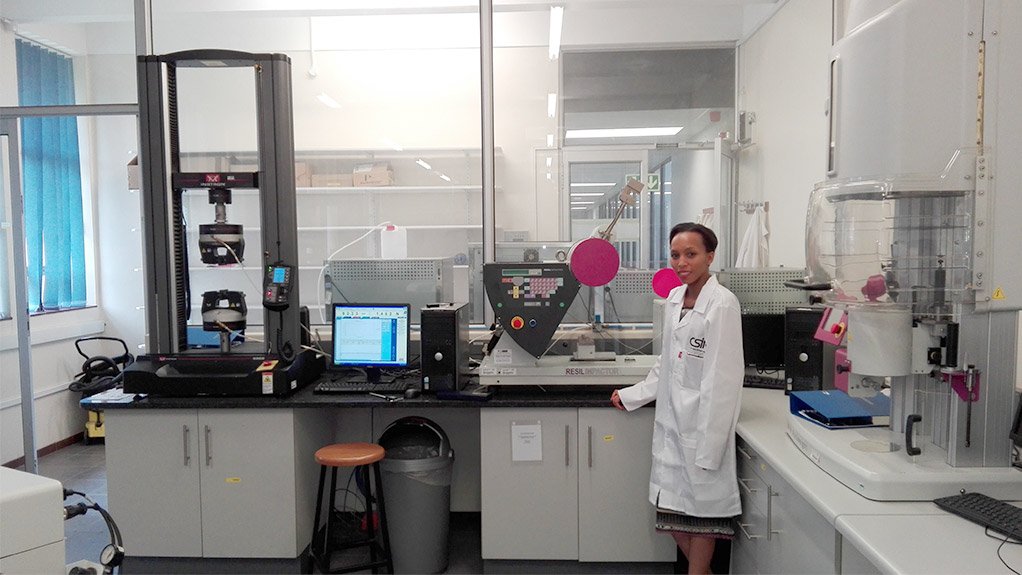The National Centre for Nanostructured Materials (NCNSM) of the Council for Scientific and Industrial Research (CSIR) celebrated its tenth anniversary on Monday, having been launched in 2007. It was set up to help implement the National Nanotechnology Strategy.
Nanotechnology is concerned with materials at the very small scale of between one and 100 nanometres. A nanometre is a billionth (it can alternatively be rendered as a thousand millionth) of a metre. It is a multidisciplinary research area.
"Research and development at the nano centre supports the manufacturing of bulk materials with improved properties, such as plastics, that are able to tolerate very high and low temperatures and plastics that possess fire retardant properties or high resistance to tearing," highlighted NCNSM manager and CSIR chief researcher Professor Suprakas Sinha Ray. "This includes development of detection devices that use nanomaterials capable of detecting gases at parts-per-million levels with greater sensitivity and accuracy."
Nanomaterials can have unique properties -- chemical, mechanical, optical and physical -- that can be exploited to create new materials for various applications. To enable local research in the field, the centre has been well equipped with state-of-the-art scaling up, polymer processing, characterisation and testing facilities. These have been funded by the Department of Science and Technology.
In 2015 the Nanomaterials Industrial Development Facility (NIDF) was established within the NCNSM. The purpose of the NIDF is to help scientists, technologists and engineers to close the gap between the development of materials and their commercialisation. It assists other research agencies, industry and small, medium-sized and microenterprises in developing and scaling-up new nanomaterials.
Currently, it is focused on employing nanotechnology as a key element in the development of cosmetics, polymer and other chemical-related products. The intent is that such developments, assisting local businesses, will result in the creation of new jobs.
The NCNSM already has a number of achievements to its credit. It has developed a prototype breath analyser which detects diabetes without needing a blood test. It has established new nano research areas by setting up water and catalysis research groups. And it has created a polymer processing laboratory to test and evaluate industrial nanomaterial samples.
The centre has also trained more than 130 postdoctoral fellows, PhDs, and Masters students. This figure includes interns. Scientific articles written by staff at the NCNSM have been cited more than 8 000 times by researchers in other institutions, around the world. In 2015, Ray was listed as one of the world's top 1% of influential and high impact scientists in his field.
Edited by: Creamer Media Reporter
EMAIL THIS ARTICLE SAVE THIS ARTICLE
ARTICLE ENQUIRY
To subscribe email subscriptions@creamermedia.co.za or click here
To advertise email advertising@creamermedia.co.za or click here













